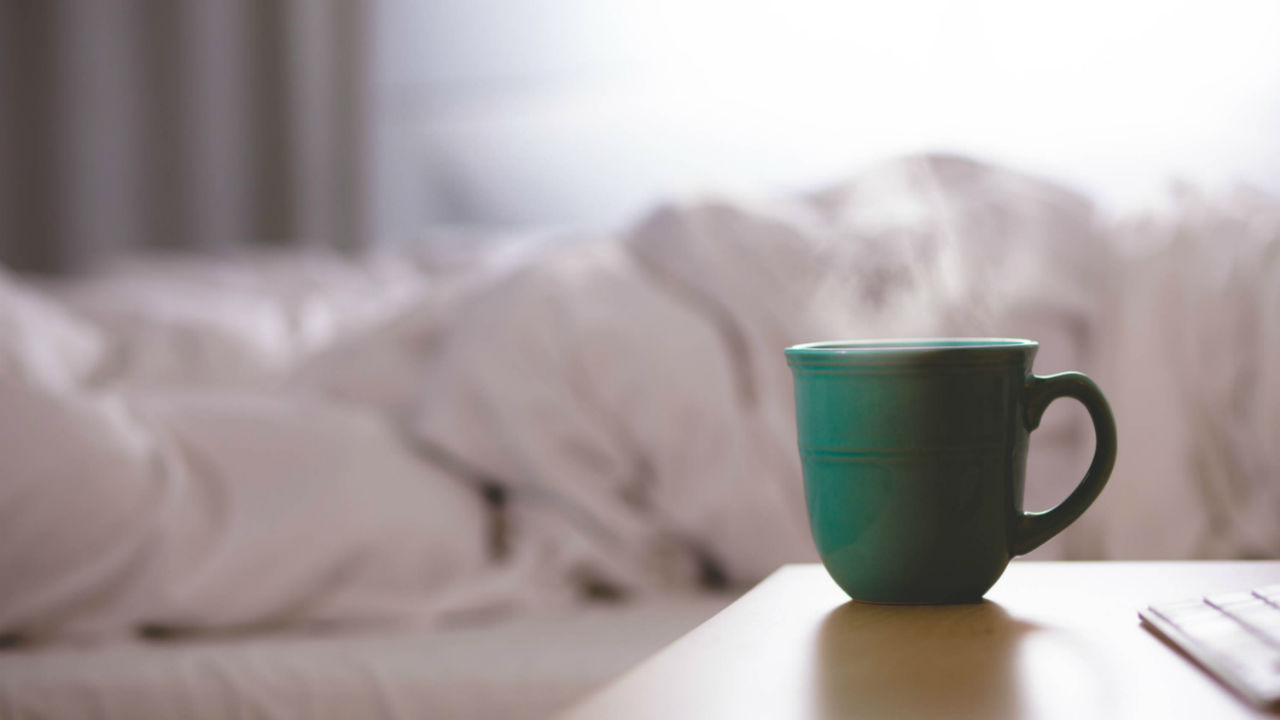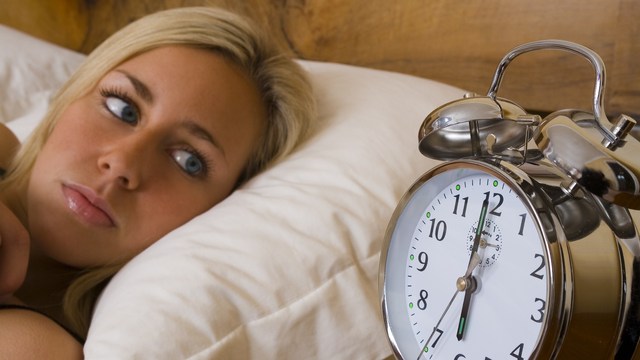You wake up in the middle of the night, but you cannot move your arms or legs. This phenomenon is called sleep paralysis, which affects between 5 and 62 percent of people, according to Dahlitz and Parkes. During rapid eye movement (REM) sleep, one of the five stages of sleep, the brain disconnects from the body, resulting in the paralysis. REM sleep takes up about 20 percent of a night’s sleep.
Health Services at Columbia noted that this normal paralysis prevents you from hurting yourself during active dreams. With sleep paralysis that occurs when falling asleep (called predormital sleep paralysis or hypnagogic sleep paralysis), the person becomes conscious when her body is entering REM sleep.
Some people experience sleep paralysis when waking up (called postdormital sleep paralysis or hypnopompic sleep paralysis), in which they become conscious when the REM cycle has not yet completed. MedlinePlus noted that sleep paralysis is most likely within the first two hours of sleep.
Besides temporarily losing her ability to move, a person with sleep paralysis can also lose her ability to speak. Sleep paralysis can last for a few seconds to a few minutes. In rare cases, hallucinations can occur with sleep paralysis, in which the person sees, hears, feels or tastes something that other people do not.
An episode of sleep paralysis can end on its own or if the person is moved. Even though a person may feel like she cannot breathe during sleep paralysis, the paralysis does not affect the muscles used to breathe.
So what causes sleep paralysis? Health Services at Columbia pointed out that people with narcolepsy often have sleep paralysis. About 250,000 people in the United States have narcolepsy, noted the National Institute of Neurological Disorders and Stroke.
Besides sleep paralysis, patients with narcolepsy experience extreme drowsiness every three to four hours during a 24-hour period and a sudden loss of muscle tone, called cataplexy.
Narcolepsy results from less hypocretin, a type of protein produced in the brain. People with certain psychological conditions appear to have sleep paralysis more often, according to MedlinePlus. These include post-traumatic stress disorder (PTSD), bipolar disorder, depression and anxiety disorders.
Sleep deprivation, in which a person is not getting enough sleep, can also increase the chances of having sleep paralysis.
References
TeensHealth from Nemours. Why Do I Feel Paralyzed Before I Fall Asleep?. Web. 10 October 2011
http://kidshealth.org/teen/expert/sleep/sleep_paralysis.html
Dahlitz, M. and Parkes, J.D. “Sleep Paralysis.” The Lancet. Web. 10 October 2011
http://www.sciencedirect.com/science/article/pii/0140673693929923
Health Services at Columbia. Why Can’t I Move When I Wake Up? Am I in Danger?. Web. 10 October 2011
http://www.goaskalice.columbia.edu/2551.html
MedlinePlus Medical Encyclopedia. Narcolepsy. Web. 10 October 2011
http://www.nlm.nih.gov/medlineplus/ency/article/000802.htm
MedlinePlus Medical Encyclopedia. Isolated Sleep Paralysis. Web 10 October 2011
http://www.nlm.nih.gov/medlineplus/ency/article/000801.htm
National Institute of Neurological Disorders and Stroke. Brain Basics: Understanding Sleep. Web. 10 October 2011
http://www.ninds.nih.gov/disorders/brain_basics/understanding_sleep.htm
Reviewed October 11, 2011
by Michele Blacksberg RN
Edited by Jody Smith






Add a CommentComments
There are no comments yet. Be the first one and get the conversation started!